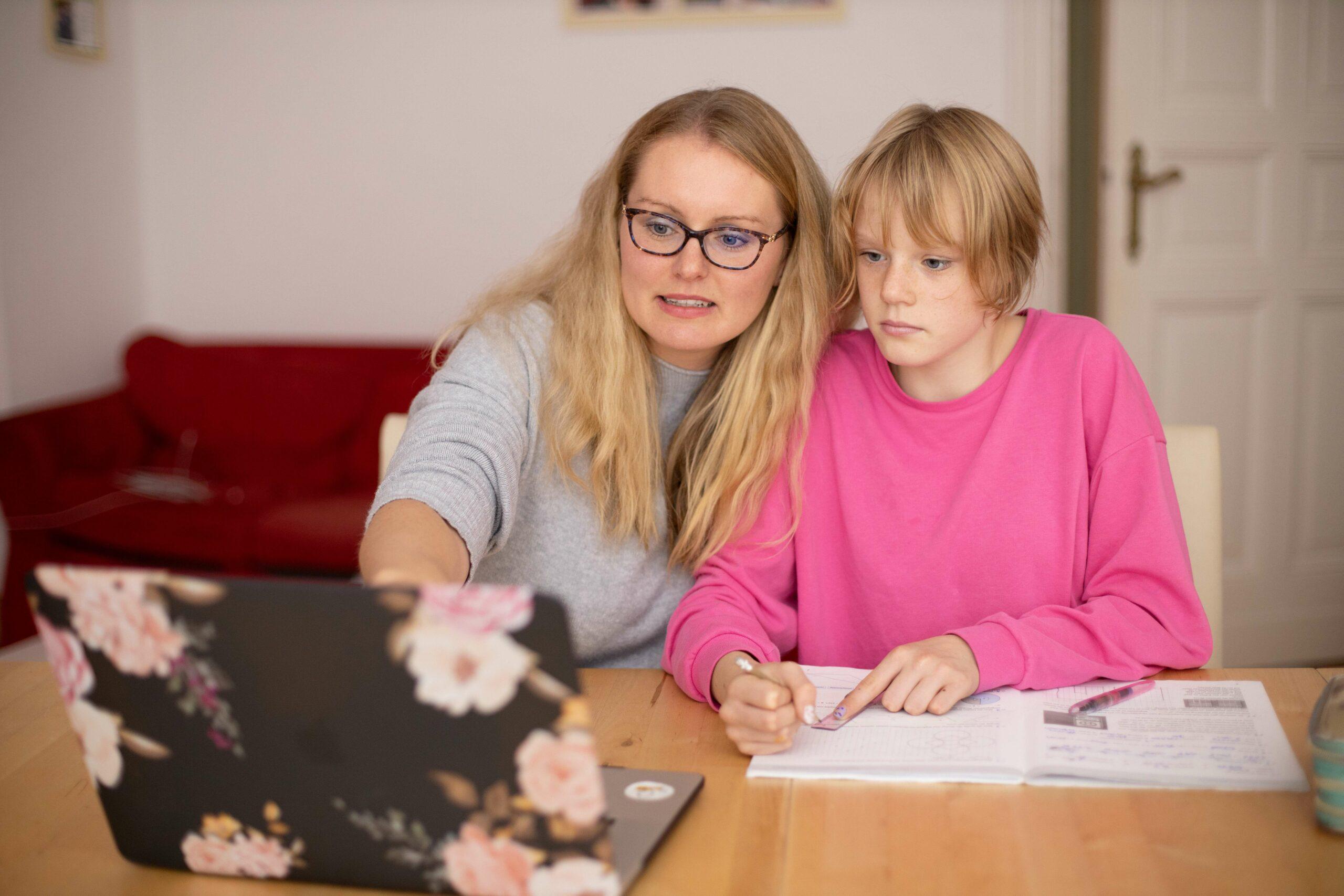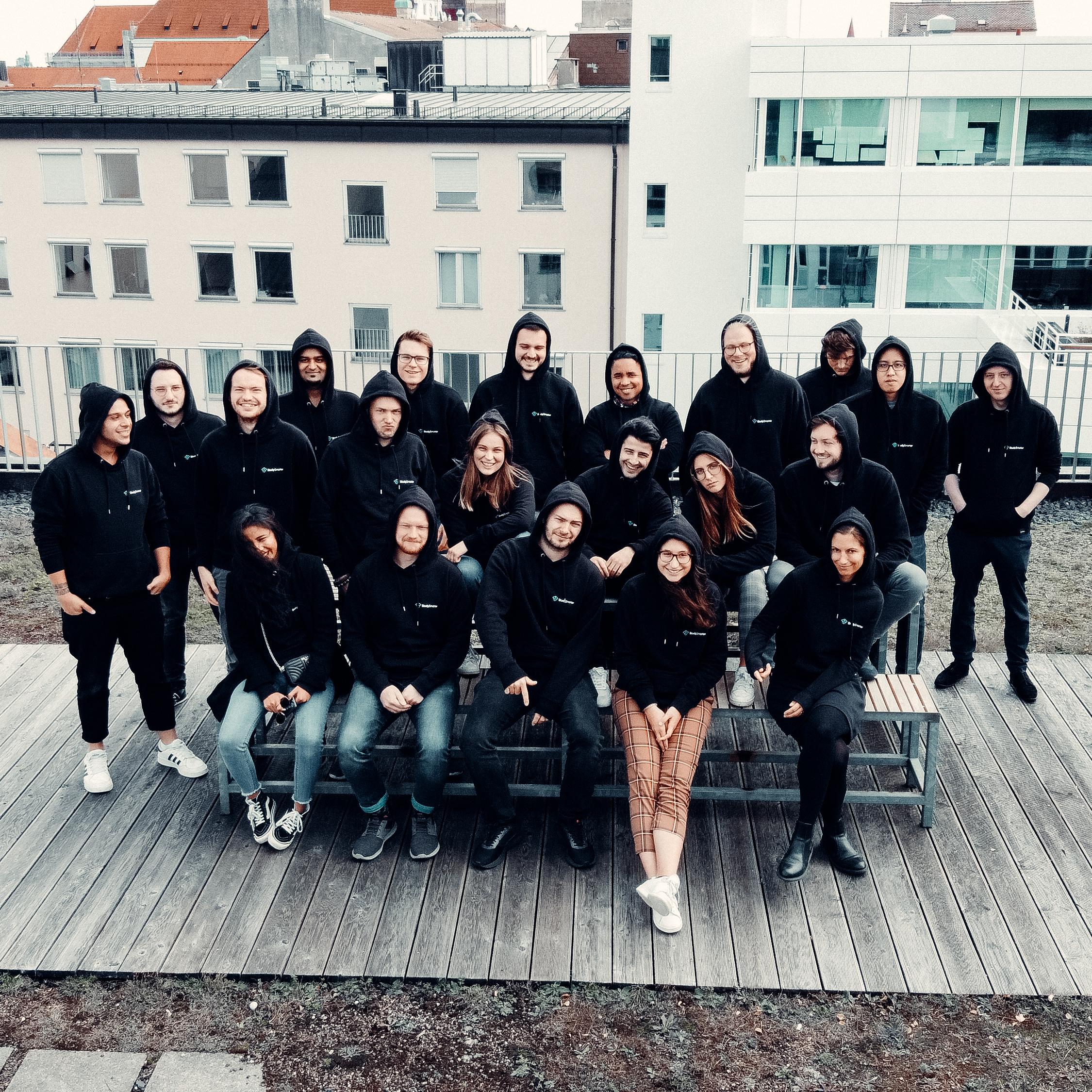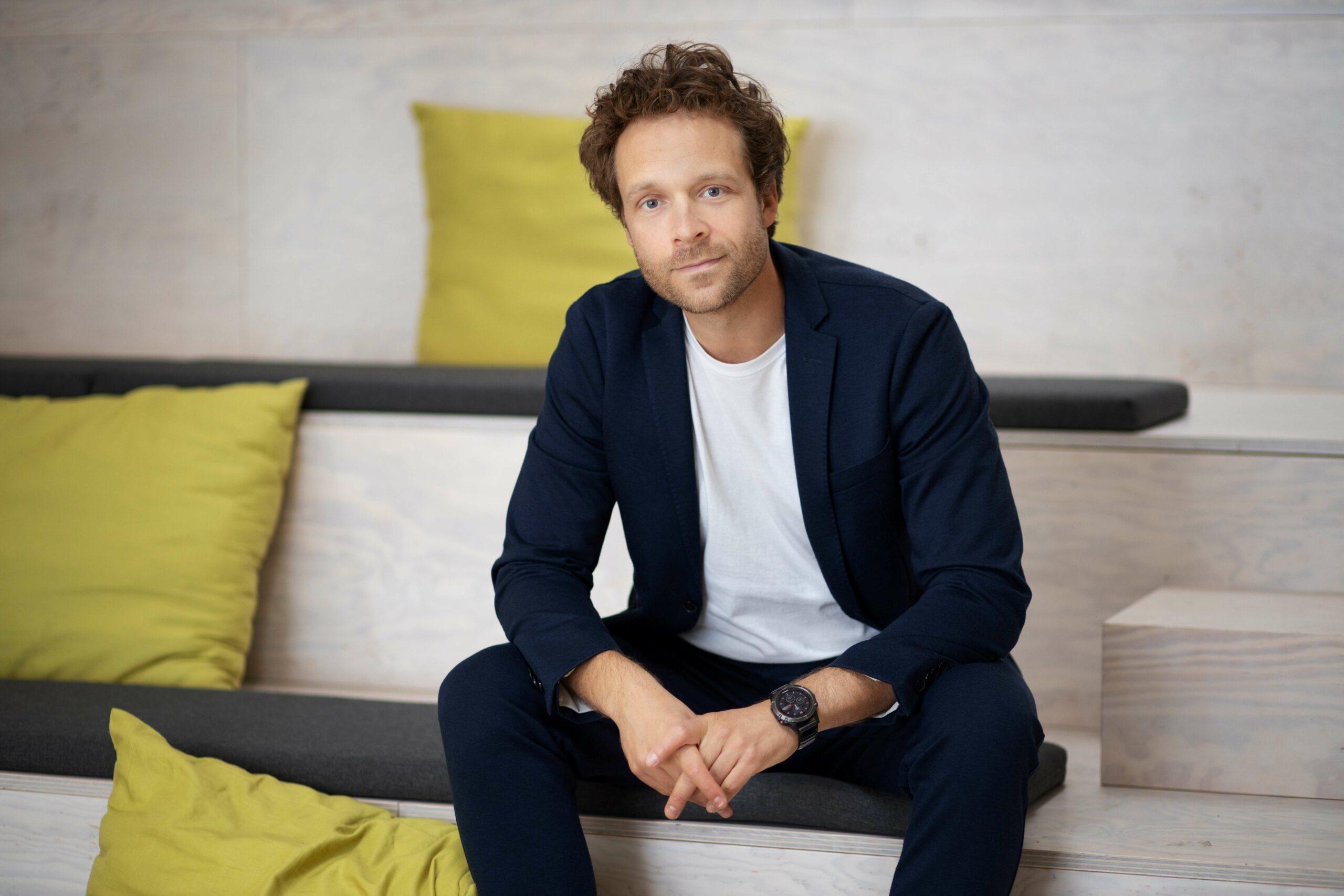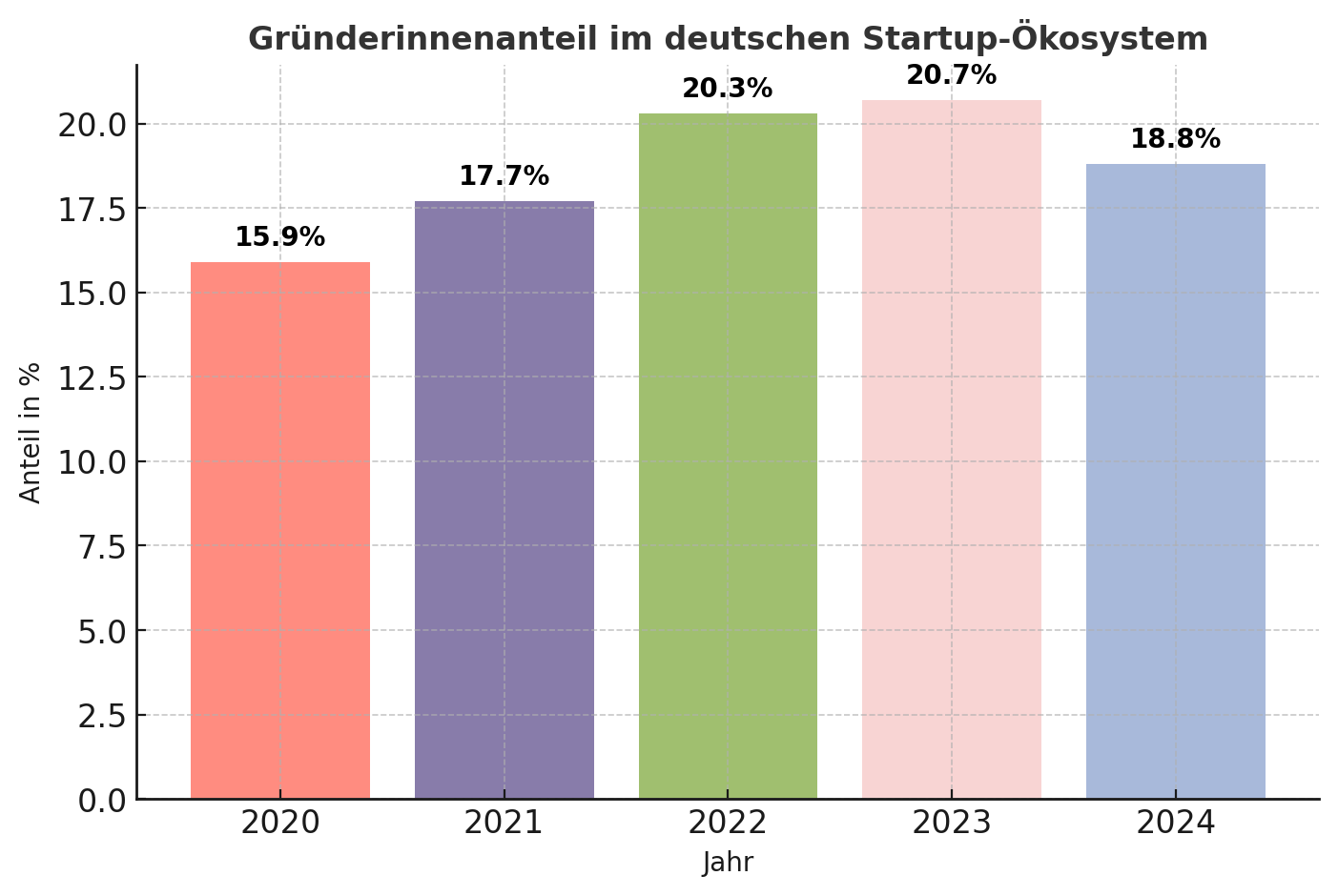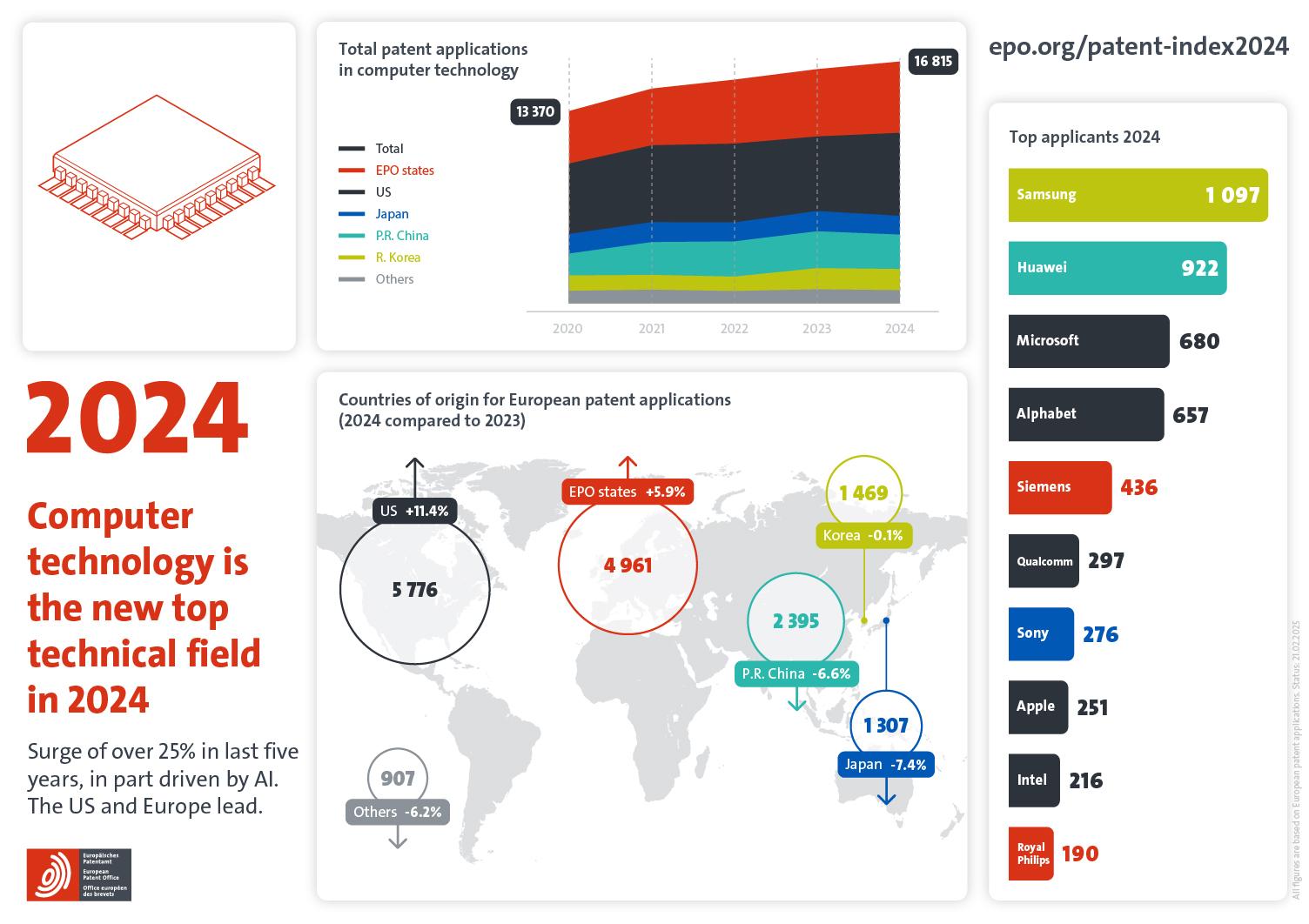How a start-up wants to digitise learning
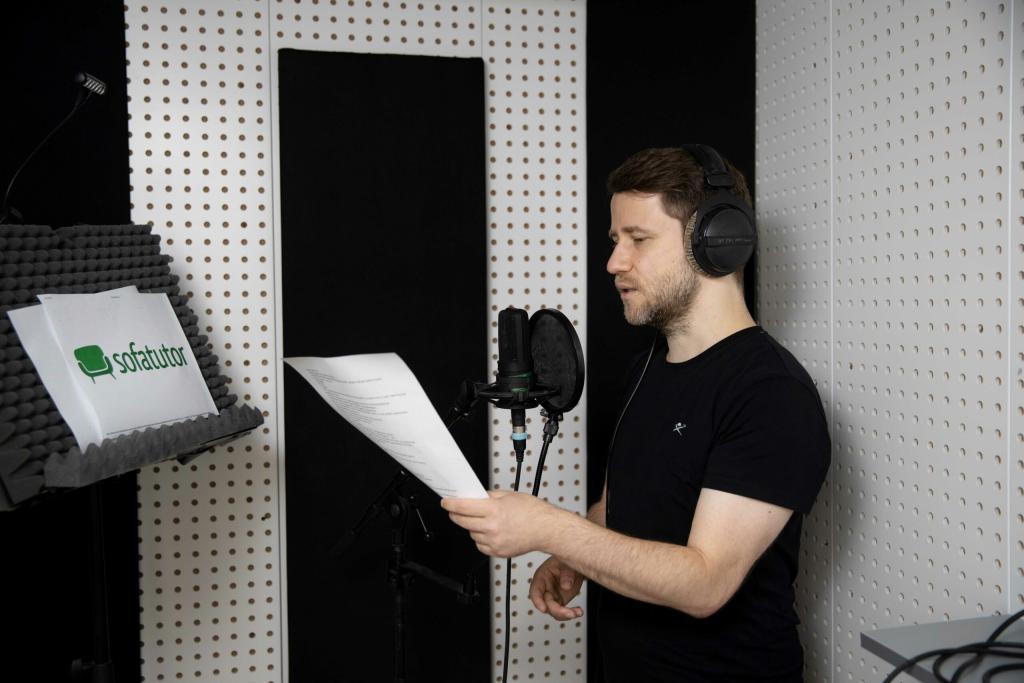
Sofatutor has been offering educational videos for almost 13 years. But never before have so many people watched them as in the coronavirus year. Can the trend continue in the long term?
And suddenly school is closed. As of mid-March last year, eleven million children and young people were being taught from home - sometimes more, sometimes less well. Schools are currently closed again. And online teaching is working - sometimes more, sometimes less well.
This presents a unique opportunity for Sofatutor. The tutoring start-up made free licenses available to pupils back in March. The number of users rose sharply. Bremen immediately bought licenses for all 55,000 pupils, Saxony for a total of 20,000, giving pupils and teachers access to the entire Sofatutor range: now around 10,000 learning videos, 42,000 exercises and 37,000 worksheets.
The start-up shows how digital teaching can work. The federal states have gratefully accepted the offer in times of need. But other start-ups are also sensing an opportunity. In the long term, those that teachers can integrate well into their lessons - and do not distract pupils too much from their actual learning - are likely to prevail.
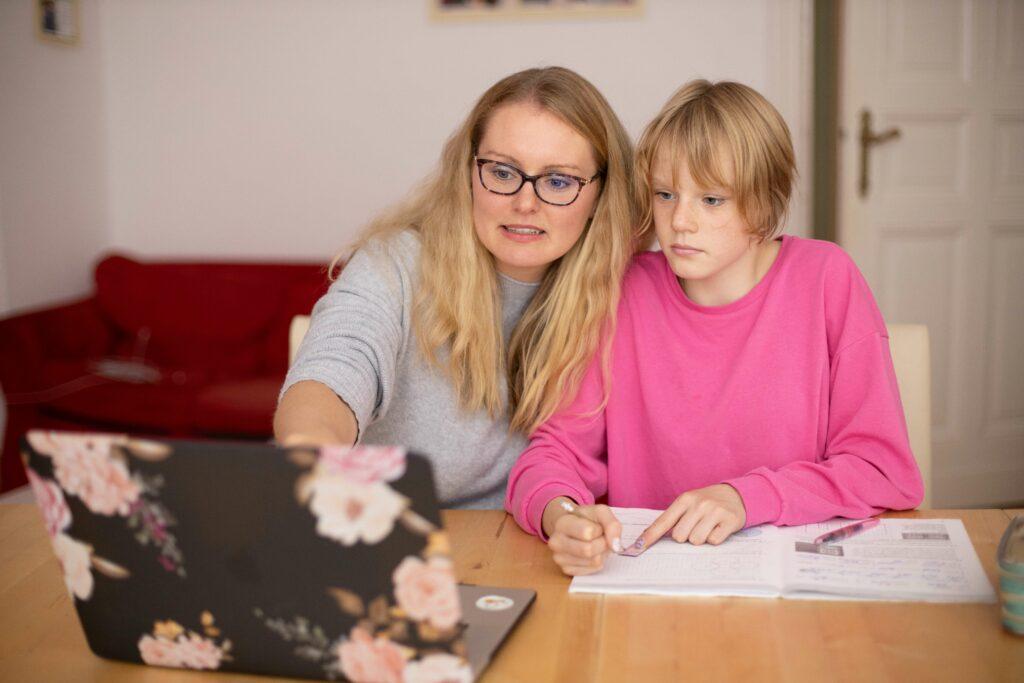
Stephan Bayer is behind the idea behind Sofatutor. The 37-year-old with tousled brown curls, a three-day beard and an open blue jacket actually wanted to become a director, but then preferred to study social sciences in Berlin. But even then he couldn't let go of filmmaking: Bayer made a short film about the subject matter in the middle of a stressful exam and shared it with his fellow students. They were so enthusiastic that he developed a business idea from it: "Revolutionizing learning with videos," he says. Bayer started Sofatutor while still a student.
Thirteen years later, more than one hundred employees at Sofatutor are now working on learning videos and worksheets. The start-up was already growing before coronavirus. Bayer himself describes the educational videos as "when education meets Hollywood". For him, these are not just animated explanatory videos. Authors, motion artists and sound designers work together to produce high-quality films. To explain the Pythagorean theorem, a fictional Greek hero's journey is narrated and the mathematical formula is explained almost casually. The videos are designed to encourage children to learn because they are structured like their favorite cartoon series. Pupils can also get help with questions in a homework chat. Teachers work freelance for the start-up for this purpose. Premium membership costs just under 18 euros per month for all subjects - and is therefore significantly cheaper than a private tutor.
Trade unions complain that purely digital learning is not a panacea
But Beyer's competitors are not sleeping. Other start-ups in the learning and tutoring sector are also benefiting during the coronavirus school year. One of them is StudySmarter, a learning app from Munich. Together with Stark-Verlag, the start-up has put together a "Corona aid package": the start-up has given away its app with premium access, which provides access to books, task sheets and flashcards, to thousands of pupils during the lockdown. "Through the aid campaign, but also independently of it, hundreds of thousands of users have come to love StudySmarter this year," says Max Groetsch, Paid Marketing Manager at Lernapp. "Overall, our users have more than doubled in the past year." Groetsch does not want to give more precise figures. StudySmarter advertises more than one million users on its website. The app is basically free for pupils and students; those who pay ten euros a month get it without advertising. Studysmarter generates revenue through companies that pay for collaborations.
However, purely digital learning and suitable apps from start-ups are far from being a panacea, says Ilka Hoffmann from the Education and Science Union. Because every child learns differently and digital helpers can quickly become distracting, they should not be relied on exclusively. Such apps can only serve as a supplement. "The programs need to be evaluated during lessons," says Hoffmann. "Whether something works well and is used is only ever shown when it is used with pupils," says the trade unionist. "The important thing is that they motivate." As a special education teacher, she herself has only used programs in very small doses. Many of the pupils were distracted by too many stimuli.
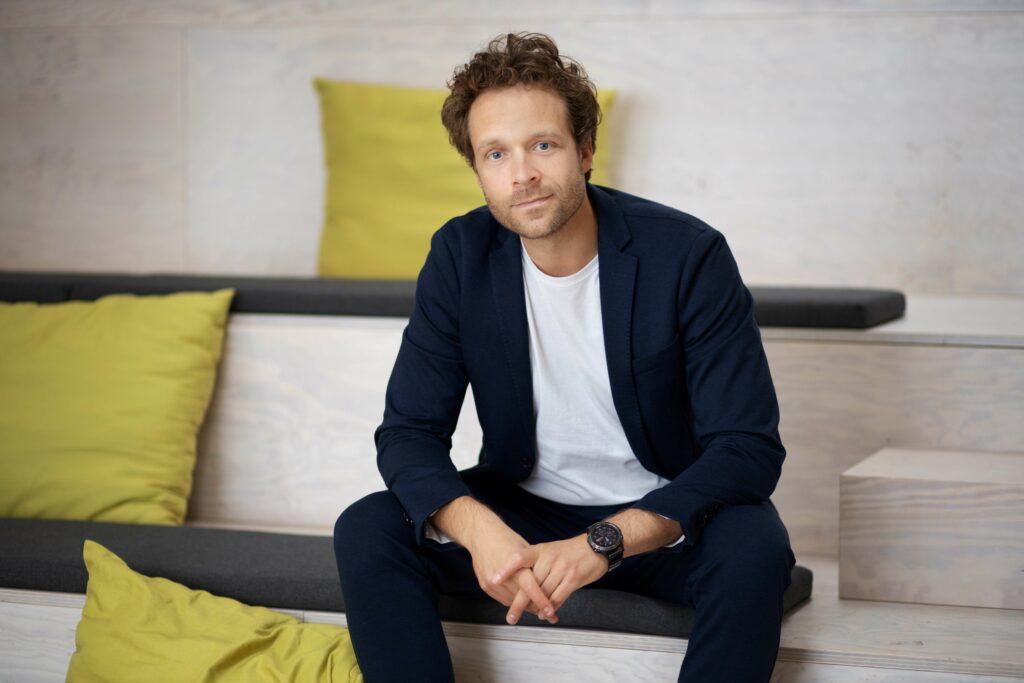
"Learning should no longer be exclusively location- or time-based, but also independently differentiated"
Stephan Bauer, founder of Sofatutor
Sofatutor already sees itself as part of the future of learning. The site had up to six million users per month last year. Founder Stephan Bayer says that almost half of all German pupils now use the site every month and that ten percent of all teachers use it in their lessons. "In addition to tutoring in the afternoon, we have now finally arrived in the morning, i.e. in classrooms and as part of lessons," says Bayer. For him, good learning only works with multimedia. However, he believes that schools are still a long way from digital teaching, as the current situation shows. "Learning should no longer be exclusively location- or time-based, but also independently differentiated," says Bayer.
Hoffmann also sees at least one major advantage, also for the time after corona: thanks to digital aids, not all pupils have to learn the same thing, but each and every one of them can be supported according to their strengths and weaknesses. "Digital and analog can complement each other, but teachers need a compass: Which app suits which learning concept?" Secondary school pupils in particular can learn better with digital tools and programs than younger ones.

Newsletter
Startups, stories and stats from the German startup ecosystem straight to your inbox. Subscribe with 2 clicks. Noice.
LinkedIn ConnectFYI: English edition available
Hello my friend, have you been stranded on the German edition of Startbase? At least your browser tells us, that you do not speak German - so maybe you would like to switch to the English edition instead?
FYI: Deutsche Edition verfügbar
Hallo mein Freund, du befindest dich auf der Englischen Edition der Startbase und laut deinem Browser sprichst du eigentlich auch Deutsch. Magst du die Sprache wechseln?






